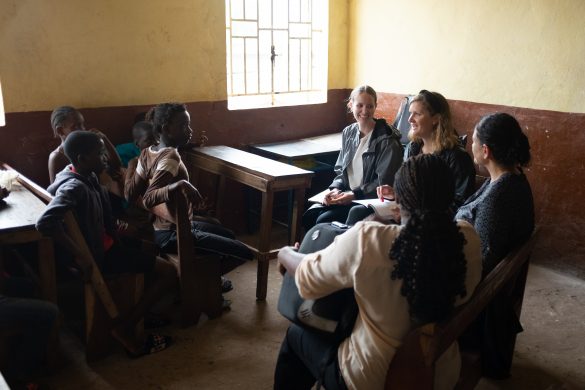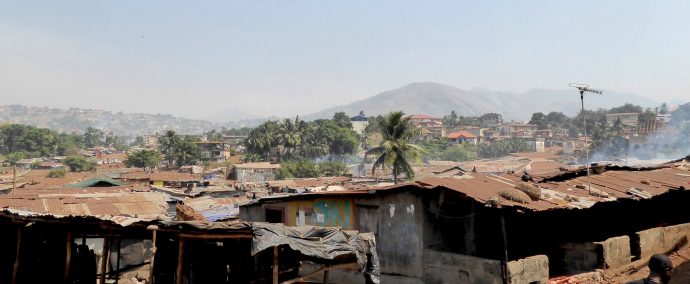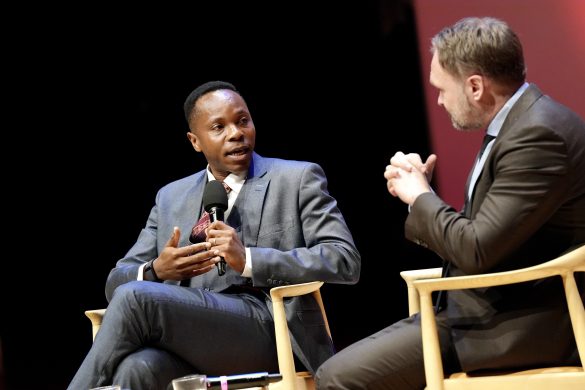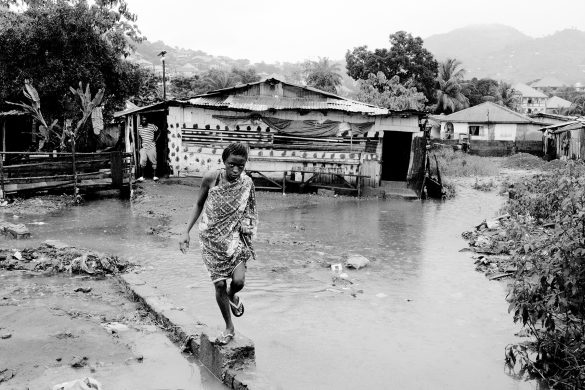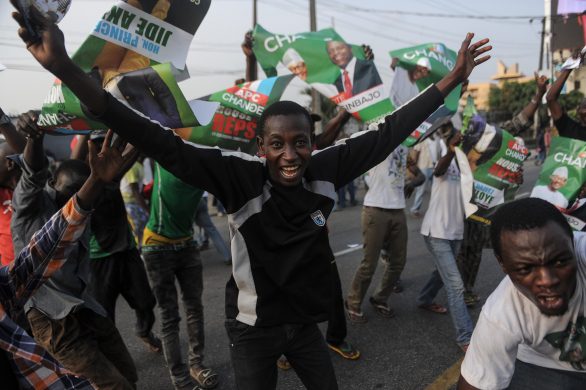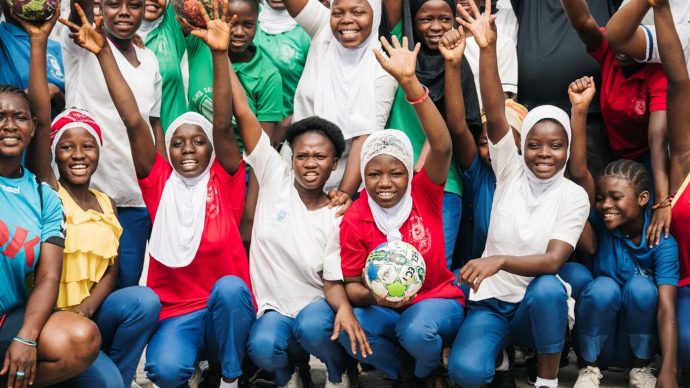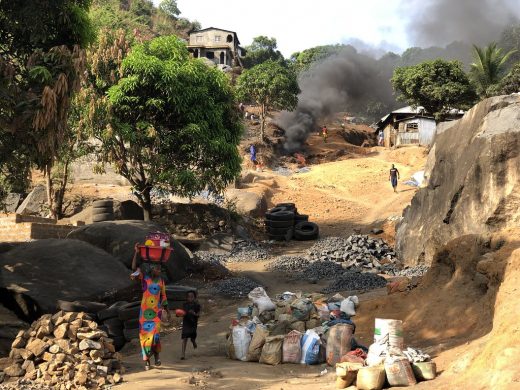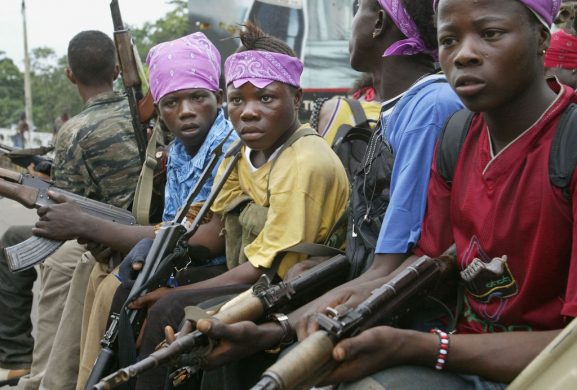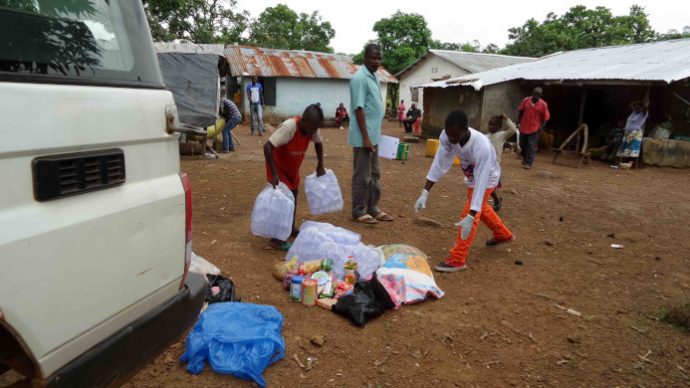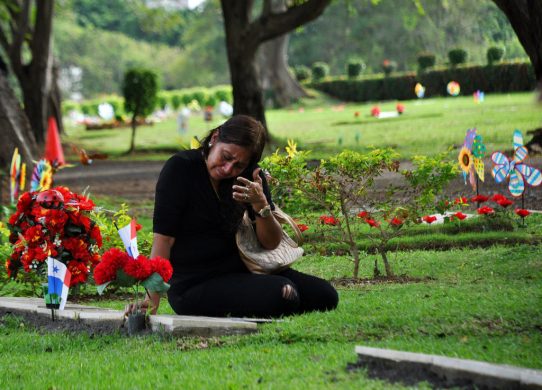FREETOWN, 7 August 2015 (Reliefweb): When people who survive Ebola virus disease leave the Ebola treatment unit (ETU), everybody celebrates. However, emerging from the ETU is just the beginning of their long, hard journey to regain health.
New research shows survivors most commonly face severe joint pains, eye problems leading to loss of vision in some cases, severe fatigue, headaches, poor concentration, and mental health challenges after recovery from acute Ebola Virus Disease (EVD).
However, there are very limited data on the types and frequency of the various reported health problems, or the best practices for clinical management.
Det er helt nyt
We have never had such a large number of survivors. This is very new. We have a unique and important responsibility to provide care and support for Ebola survivors trying to restart their normal lives. It is increasingly clear that emerging from an ETU is just the beginning.
The countries affected by Ebola also have a long road to recovery,” says Dr Anders Nordstrom, WHO Representative for Sierra Leone.
This was among the conclusions of a scientific meeting on the needs of survivors held by the World Health Organization in Freetown, Sierra Leone with clinicians, scientists, epidemiologists, and other public health practitioners. Their goal is to produce a ‘Comprehensive Care Plan for EVD Survivors’ and identify research needed to optimize clinical care and social well-being.
Participants shared their experience and data, identified gaps in clinical services, and discussed ways to overcome them, including the provision of technical expertise and the necessary infrastructure.
They looked at ways to advance networks, improve access to clinical care for survivors, share ongoing research data and identify key knowledge gaps.
13.000 har overlevet sygdommen
The unprecedented outbreak of Ebola that began in West Africa in December 2013 has had a devastating impact on the region. Over 13,000 EVD survivors are estimated to live in Guinea, Liberia, and Sierra Leone today.
“It is an emergency within an emergency,” said Dr Daniel Bausch of the WHO clinical care team. We have to help people not just survive but thrive.”
While building EVD survivor care services is an urgent need, Dr Nordstrom pointed out that all the affected countries themselves are in effect survivors of the Ebola outbreak and health systems have to be built up to permit people to not just recover, but thrive.
“The Ebola outbreak has decimated families, health systems, economies, and social structures. All need to recover.” said Dr Nordstrom.



